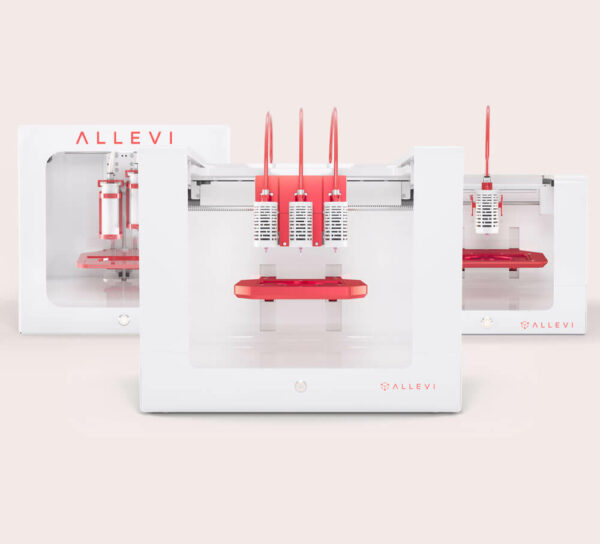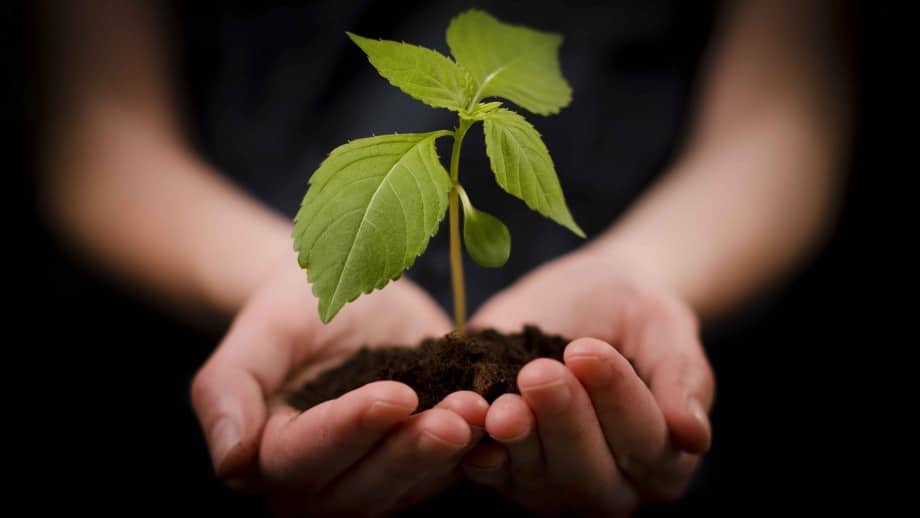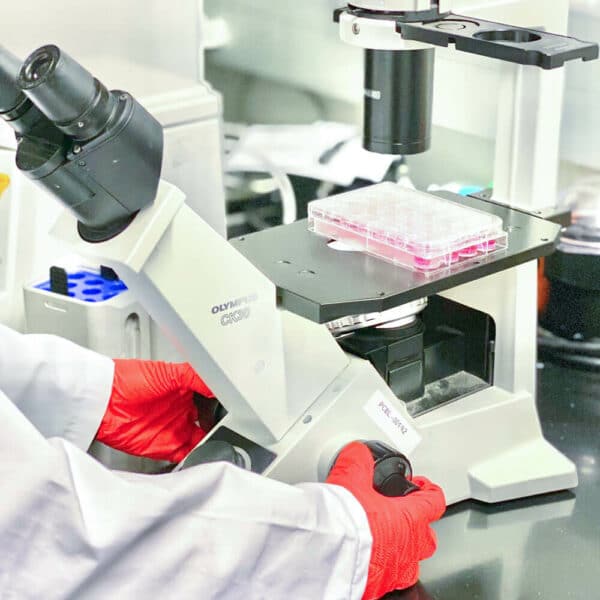
Allevi Blog
Allevi Author: Plant-Based Bioinks for Cell Laden Bioprinting
- Updated on April 3, 2020

Time for another inductee to the #AlleviAuthor club. Researchers from University of California, Berkeley and IBM used their Allevi 2 bioprinter to study the printability and viability of plant-based bioinks.
In their paper titled, “Agarose-Based Hydrogels as Suitable Bioprinting Materials for Tissue Engineering” and published in ACS Biomaterials Science & Engineering, they compared agarose-based hydrogels commonly used for cartilage tissue engineering to Pluronic. The goal is to find a plant-based bioink that has great printability without sacrificing cell viability.
Hydrogels are useful materials as scaffolds for tissue engineering applications. Using hydrogels with additive manufacturing techniques has typically required the addition of techniques such as cross-linking or printing in sacrificial materials that negatively impact tissue growth to remedy inconsistencies in print fidelity. Thus, there is a need for bioinks that can directly print cell-laden constructs. In this study, agarose-based hydrogels commonly used for cartilage tissue engineering were compared to Pluronic, a hydrogel with established printing capabilities. Moreover, new material mixtures were developed for bioprinting by combining alginate and agarose.
The team compared mechanical and rheological properties, including yield stress, storage modulus, and shear thinning, as well as construct shape fidelity to assess their potential as a bioink for cell-based tissue engineering. Read on to find out which ratios of alginate and agarose demonstrated the best cell viability as well as print structure for their cartilage tissue engineering needs: https://cdn-pubs.acs.org/doi/10.1021/acsbiomaterials.8b00903.

